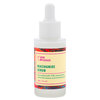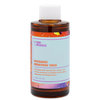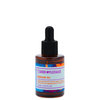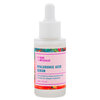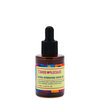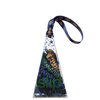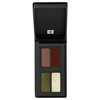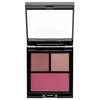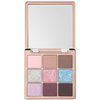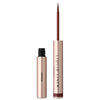Most of us apply makeup at the bathroom sink. So it makes total sense that we’d keep our foundations, lipsticks, and concealers right there, within easy reach. But storing products anywhere in the bathroom isn’t always the best idea.
According to Jenny Frankel, president at Frankly Beauty, Inc. and a former cosmetics formulator, high heat and humid steam from showers can breed mold and bacteria, especially in products that have expired or passed their use-by date. (Mascara, for example, should be replaced every three months.) The easiest way to tell when a product has become contaminated? It starts to look or smell off. “If your makeup separates, turns yellow, or starts to smell rancid, it’s time to replace it,” says Frankel. The good news is, most products contain preservatives that help keep mold and bacteria at bay. Those that don’t—often, more natural and organic formulations—should never be stored in the bathroom.
In addition to heat and humidity, bright vanity lights are a culprit. Put all of these factors together, and you create an environment that can damage key ingredients like vitamin C or retinol—which means a product might lose its anti-aging, acne-fighting, or other beneficial properties. It’s not just high-tech or specialized ingredients that can degrade either. Sugar- and salt-based scrubs may dissolve in high humidity, too, making them much less effective!
To be safe, Frankel recommends moving cosmetics out of the bathroom. “Your best bet is a cool, dry, and dark place like a drawer or cupboard to protect products from degradation and premature aging,” she explains. If that’s not practical for you, if you can set up a vanity area away from where you shower (in a bedroom, nook, or foyer, say) that’ll help keep extra heat and humidity at bay. Some products can even be kept in the fridge. If you can’t live without your goods bath-side, it’s best to buy those that contain preservatives like parabens often, sodium benzoate, EDTA, and alcohol, says Frankel. (Of course, there’s much debate about the safety of such preservatives. Read the FDA’s current stance on parabens here—for now, the agency says there’s no cause for concern, but studies are ongoing.)
Lastly, keep all of your beauty tightly sealed to help keep bacteria and mold out.
_Photo: Image Source _
You Might Also Like
-
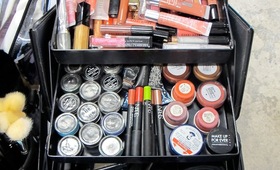
Makeup
Makeup Artist Must Haves
- 445
-
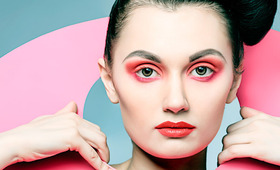
Makeup
The Rules of Monochromatic Makeup
- 127
-
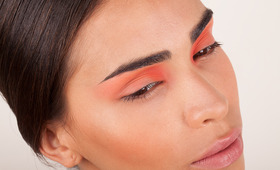
Spring Looks
Spring Makeup Must-Haves: Bloom-Inspired Shades
- 540
-
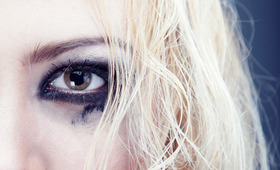
Eye Skincare
What's That Black Stuff in My Eyes?
- 122
-

Hair
Beautylish It Girl: Zoe Saldana
- 14
-

Mascara
Best Waterproof Mascaras
- 146
-
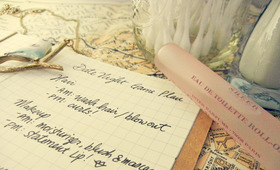
Makeup
Date Night Game Plan
- 203
-

Face
Look 5 Pounds Thinner with Makeup!
- 307




